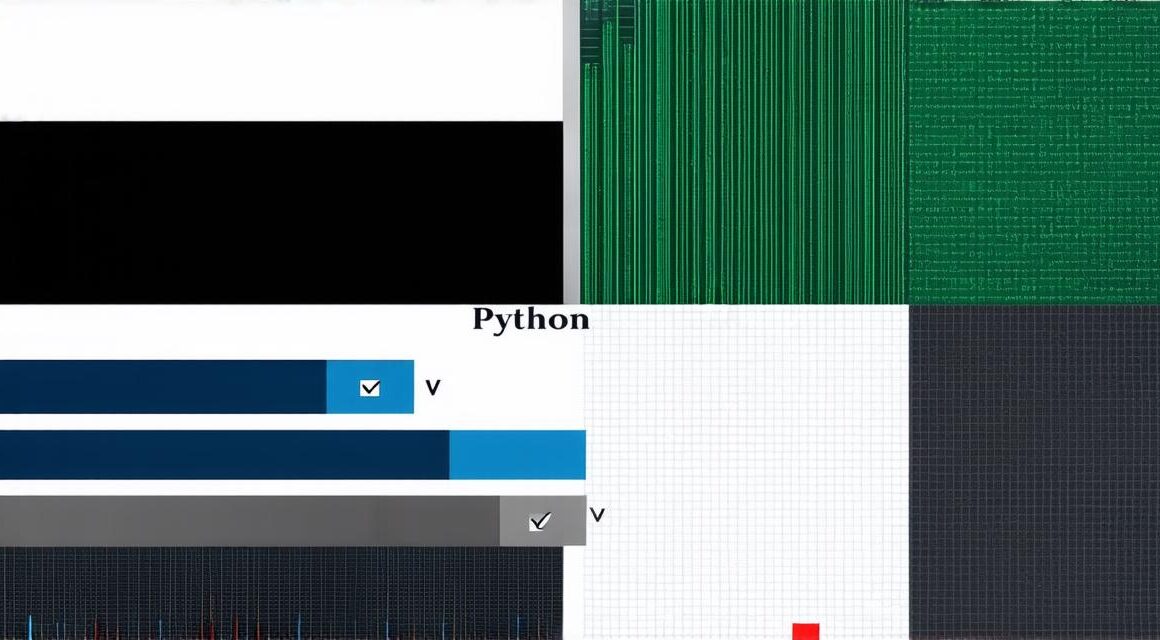When it comes to game development, there are a variety of programming languages that can be used depending on the specific needs of the project. Some developers prefer using high-level languages like Python or Java, while others swear by low-level languages like C++. In this article, we’ll explore whether or not C++ is necessary for game development, and why.
Why Use C++?

There are several reasons why C++ is often used in game development:
- Performance: One of the biggest advantages of using C++ over other programming languages is its ability to deliver high performance. This is because C++ is a low-level language that allows developers to have more control over the code and its execution.
- Control and Precision: C++ gives developers more control over the code, allowing them to write efficient and precise code. This is important in game development, where even small delays can have a significant impact on the overall performance of the game.
- Libraries and Frameworks: There are many powerful libraries and frameworks available for game development that are written in C++. These tools can save developers a lot of time and effort by providing pre-built functionality and optimized code.
- System Programming: Many games require system programming, which is often done using C++. This includes tasks like memory management, file I/O, and network communication.
Why Use Other Languages?
Despite the many benefits of C++, there are also several reasons why other languages are sometimes used in game development:
- Ease of Use: Some programming languages are simply easier to use than others, especially for beginners. Python, for example, is known for its simplicity and readability, making it a popular choice for beginner developers.
- Platform Independence: Many programming languages are platform independent, meaning that code written in one language can run on multiple platforms without the need for extensive code changes. This can save developers a lot of time and effort when developing games for multiple platforms.
- Libraries and Frameworks: There are also many powerful libraries and frameworks available for game development that are written in languages other than C++. These tools can provide similar functionality to those written in C++, but may have different strengths and weaknesses.
Final Thoughts
In conclusion, whether or not C++ is necessary for game development depends on the specific needs of the project. If performance is a top priority, then C++ may be the best choice. However, if ease of use and platform independence are more important factors, then other languages may be better suited to the task. Ultimately, developers should carefully consider their options before choosing a programming language for their game development project.



